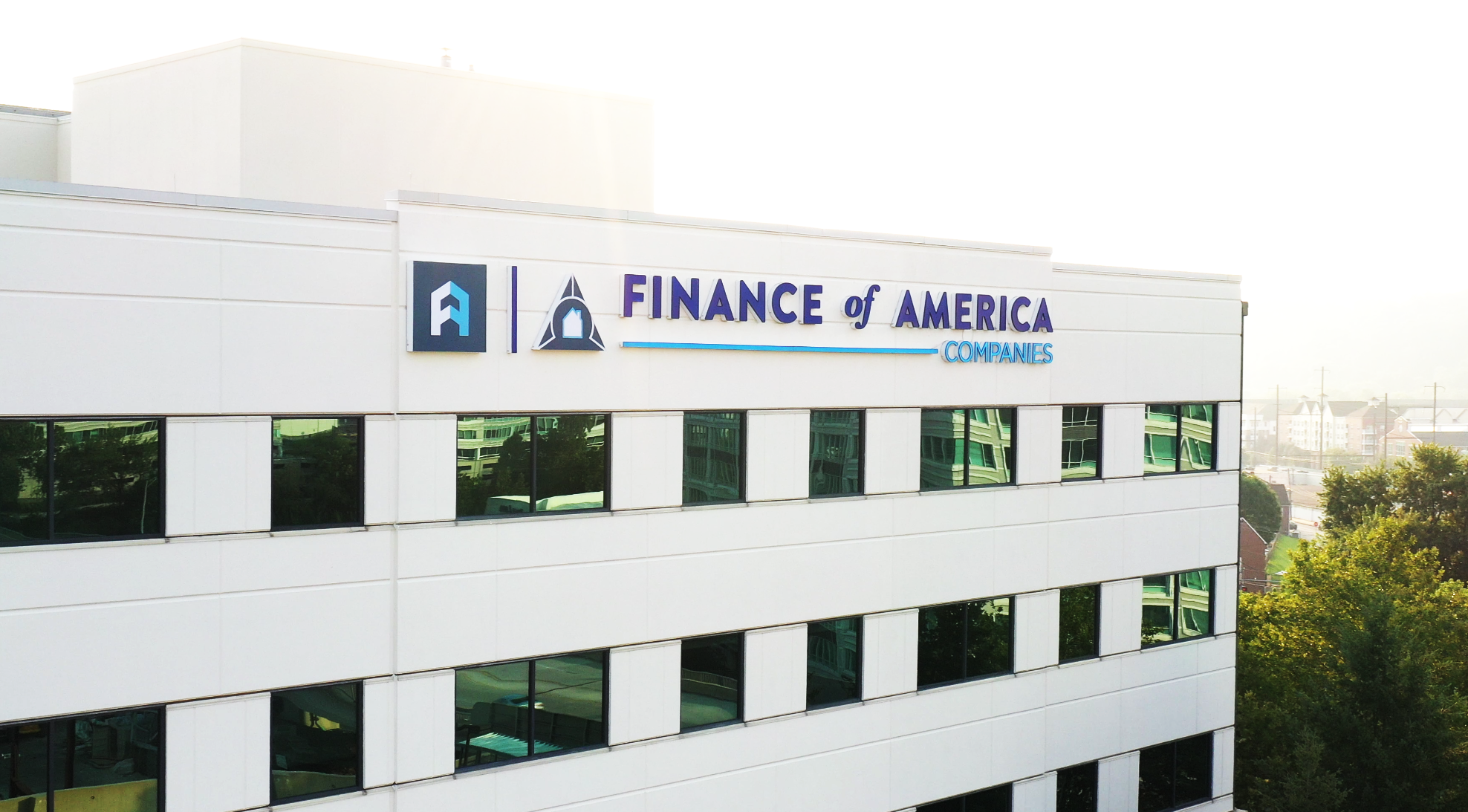In early 2021, mortgage rates blew through the 3 percent threshold. Now, with the coronavirus pandemic mostly under control but inflation raging out of control, rates have topped 4 percent.
After hitting an all-time low in January 2021, mortgage rates are back at levels not seen since mid-2019. The average rate on 30-year mortgages climbed to 4.03 percent this week from 3.85 percent last week, according to Bankrate’s weekly survey of large lenders.
“Surging inflation and forthcoming interest rate hikes from the Federal Reserve have driven rates nearly a full percentage point higher over the past three months, from 3.15 percent on Nov. 10,” says Greg McBride, CFA, Bankrate chief financial analyst.
Why are mortgage rates rising so fast?
The forces driving mortgage rates are notoriously complicated, but here are four factors:
- The economy is back: The pandemic sent the U.S. economy into a deep recession, and unemployment soared. That brief crash is in the rear-view mirror. Employers added a robust 467,000 jobs in January, the U.S. Labor Department reports, and the unemployment rate fell to just 4 percent, a level that’s essentially full employment.
- Inflation is running hot: The consumer price index jumped 7.5 percent in January, the highest annual rate of inflation since 1982, according to the Labor Department.
- The Federal Reserve is all but sure to raise rates: The Fed has signaled that multiple hikes in interest rates are imminent, with the first likely in March. The central bank could boost rates as many as seven times this year, although that scenario seems unlikely. The Fed also is slowing the pace of its purchases of mortgage-backed securities, something that creates upward pressure on rates.
- The 10-year Treasury yield has risen sharply: This number is closely tied to 30-year mortgage rates, and the 10-year yield has topped 2 percent in recent days for the first time since early 2019. Yields on federal debt reflect the overall economy. When the economy crashed in 2020, 10-year rates plunged below 1 percent. Now, they’re back.
Sam Khater, chief economist at mortgage giant Freddie Mac, says “the normalization of the economy” is pushing mortgage rates up. “Rate increases are expected to continue due to a strong labor market and high inflation, which likely will have an adverse impact on homebuyer demand,” Khater says.
Mortgage experts polled by Bankrate expect rates to continue to climb. “With the Fed and media now acknowledging the rate of inflation, look for rates to continue to increase,” says Derek Egeberg of Academy Mortgage in Yuma, Arizona. “The only way the Fed can combat inflation is to raise rates.”
How you can deal with fast-rising mortgage rates
The sharp rise in mortgage rates poses challenges for homebuyers and for those hoping to finance home renovations with a cash-out refinance. Borrowers will need to hustle to find the best deal. A few smart strategies for those who want a new mortgage, a refinance or a cash-out refi:
- Shop around: Compare at least three mortgage offers. Rates and costs vary among lenders, and borrowers can save thousands of dollars over the life of the loan by shopping around. “Although the national average on a 30-year fixed rate mortgage is above 4 percent, plenty of sub-4 percent rates are available for borrowers that shop around,” McBride says.
- Keep that credit score high: Your credit score is the single most important factor determining the mortgage rate and terms you can secure. Pay bills on time, and be sure to use only a fraction of the credit limits on your credit cards.
- Consider paying points: Mortgage points are fees a buyer pays a mortgage lender to reduce the interest rate on the loan. As rates have risen, more borrowers are paying points, according to mortgage data firm Black Knight.
- Stick with a fixed-rate mortgage: “Don’t fall into the trap of using an adjustable-rate mortgage as a crutch of affordability,” McBride says. “There is little in the way of up-front savings, an average of just one-half percentage point for the first five years, but the risk of higher rates in future years looms large.”
- Don’t bank on a housing correction. There’s a nationwide shortage of homes for sale, and almost no one foresees a decline in home prices. “While rapidly rising mortgage rates may temper the demand somewhat, don’t expect home price appreciation to come to a halt,” McBride says. “A more modest pace of appreciation is the likelier outcome.”
Learn more:
- Programs and tactics to help you afford to buy a home
- Here’s what does (and doesn’t) drive mortgage rates
- Historical mortgage rate trends





